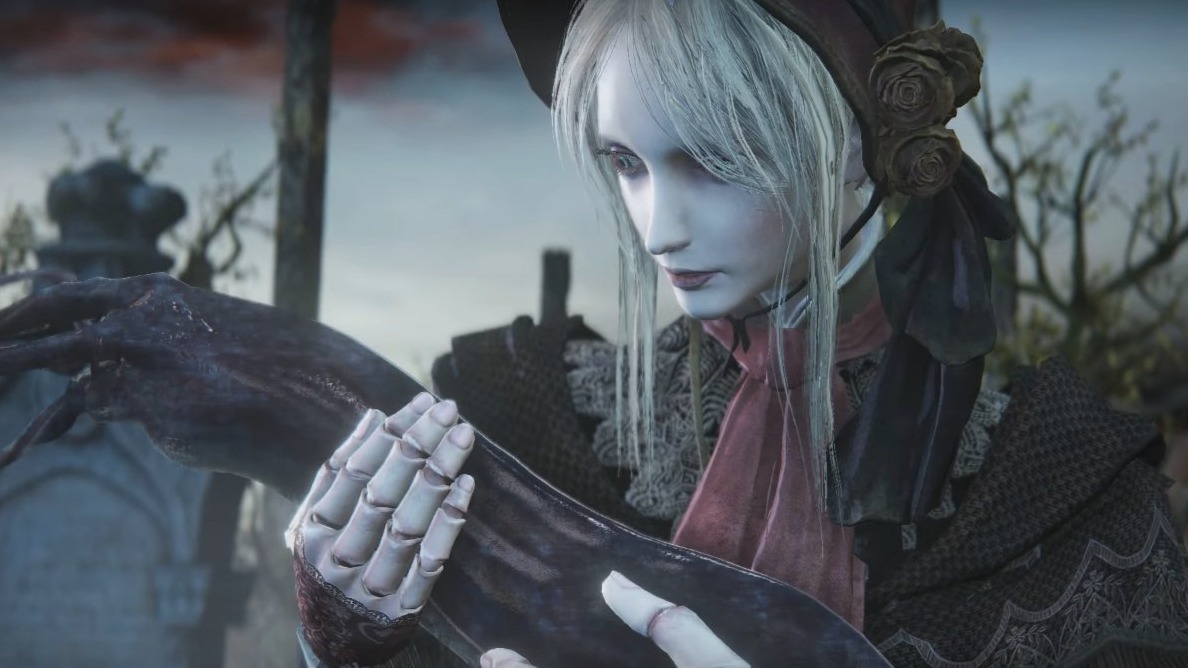Confused by a game’s ending? You’re not alone. Here are 15 complex video game endings that left players baffled, debating, and desperately searching for answers long after the credits rolled.
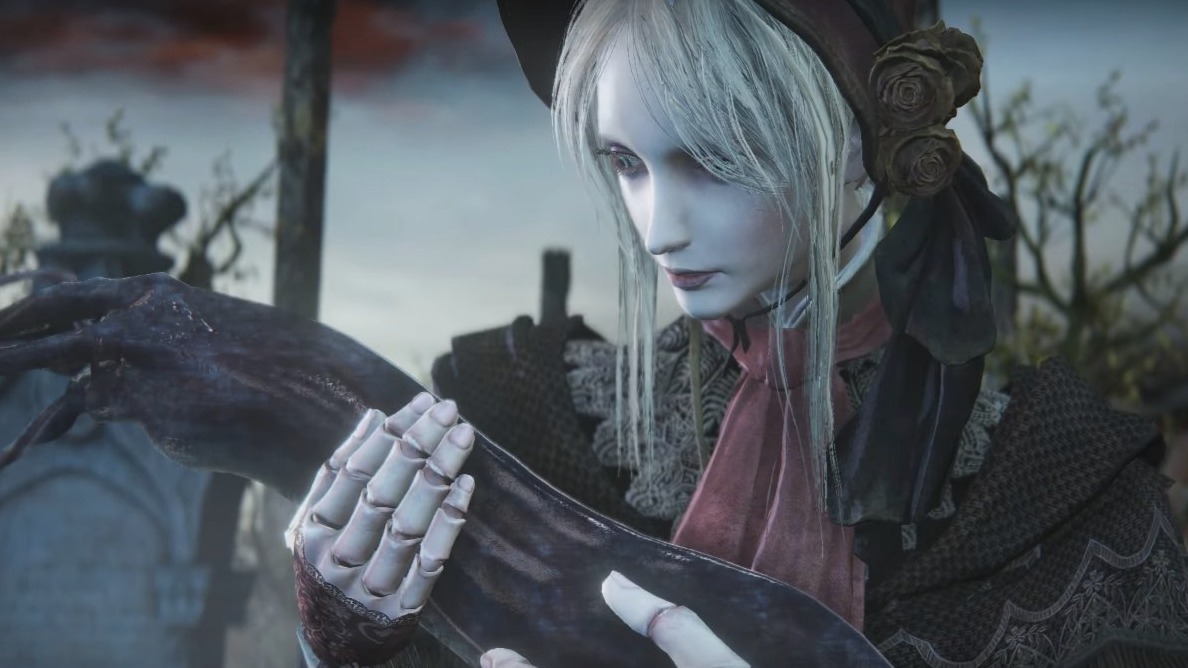
Some games end with fireworks, others with confusion. And then there are those that leave you staring at the screen, controller in hand, whispering, “Wait – what just happened?” From cryptic narratives to emotional gut punches disguised as final missions, gaming has its fair share of endings that refuse to explain themselves easily. These are the ones that keep players arguing on forums years later.
This list breaks down 15 of the most complex, puzzling, and downright head-scratching video game endings ever made. Not necessarily the best endings, but the ones that made you think, rewind cutscenes, or Google theories at 3 a.m. Whether they blew your mind or left you totally lost, these finales prove that games can mess with your head in the best possible way.
Death Stranding (2019)
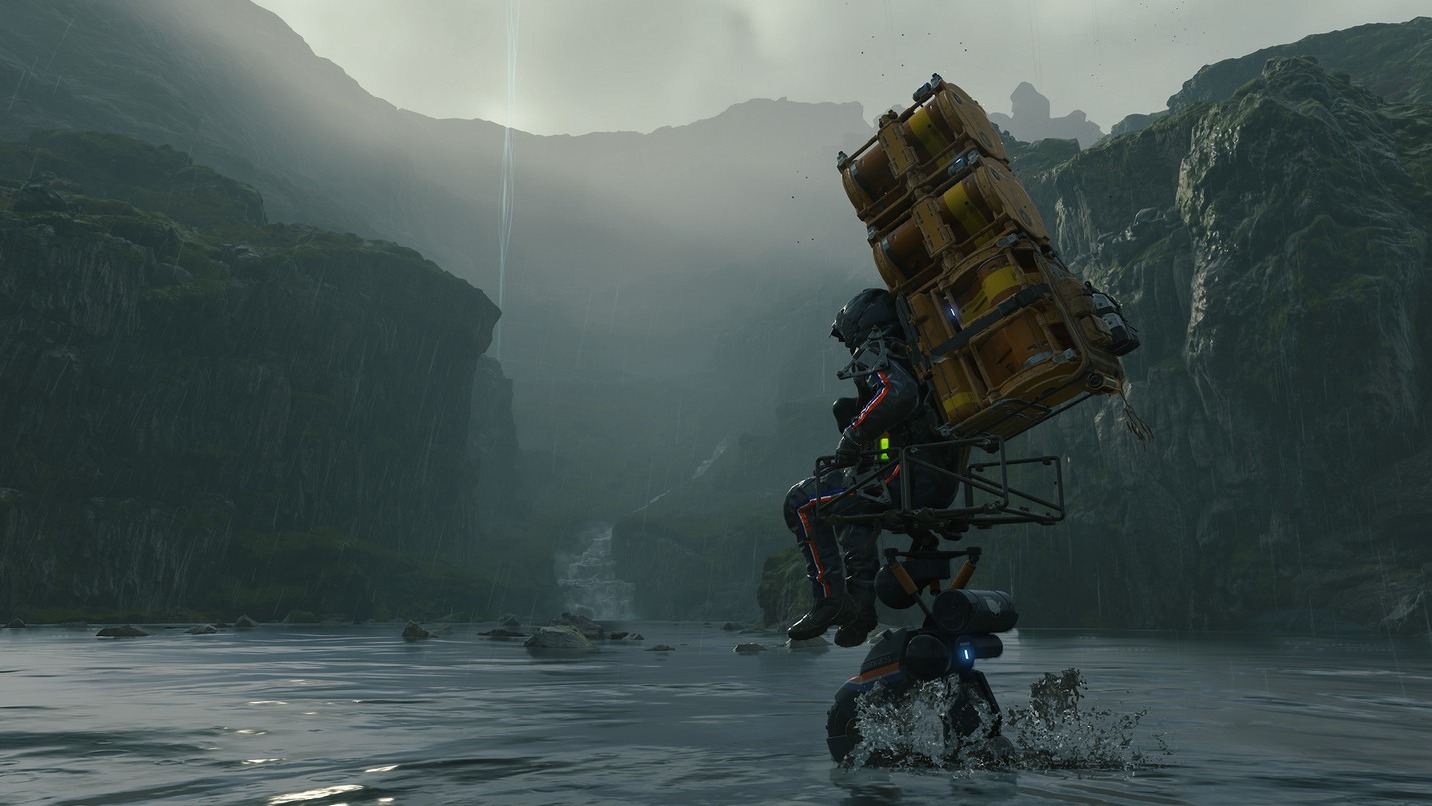
By the time the credits roll, Death Stranding has gone full metaphysical. Sam’s journey to reconnect a fractured America turns out to be about connecting the living and the dead – literally. That final stretch, where he walks across an otherworldly beach to confront Amelie (who’s both his mother and not), feels like an emotional fever dream. The “extinction entity” talk might sound like sci-fi babble, but it’s really a story about loss, grief, and human contact disguised as a delivery sim. The twist – that Sam himself was “born” from the dead – turns the whole game inside out. By the time he’s cradling a baby and choosing to keep him alive, you realize it’s not about saving the world – it’s about finding a reason to keep it going. It’s a beautiful, baffling mess in the best Kojima way.
Bloodborne (2015)
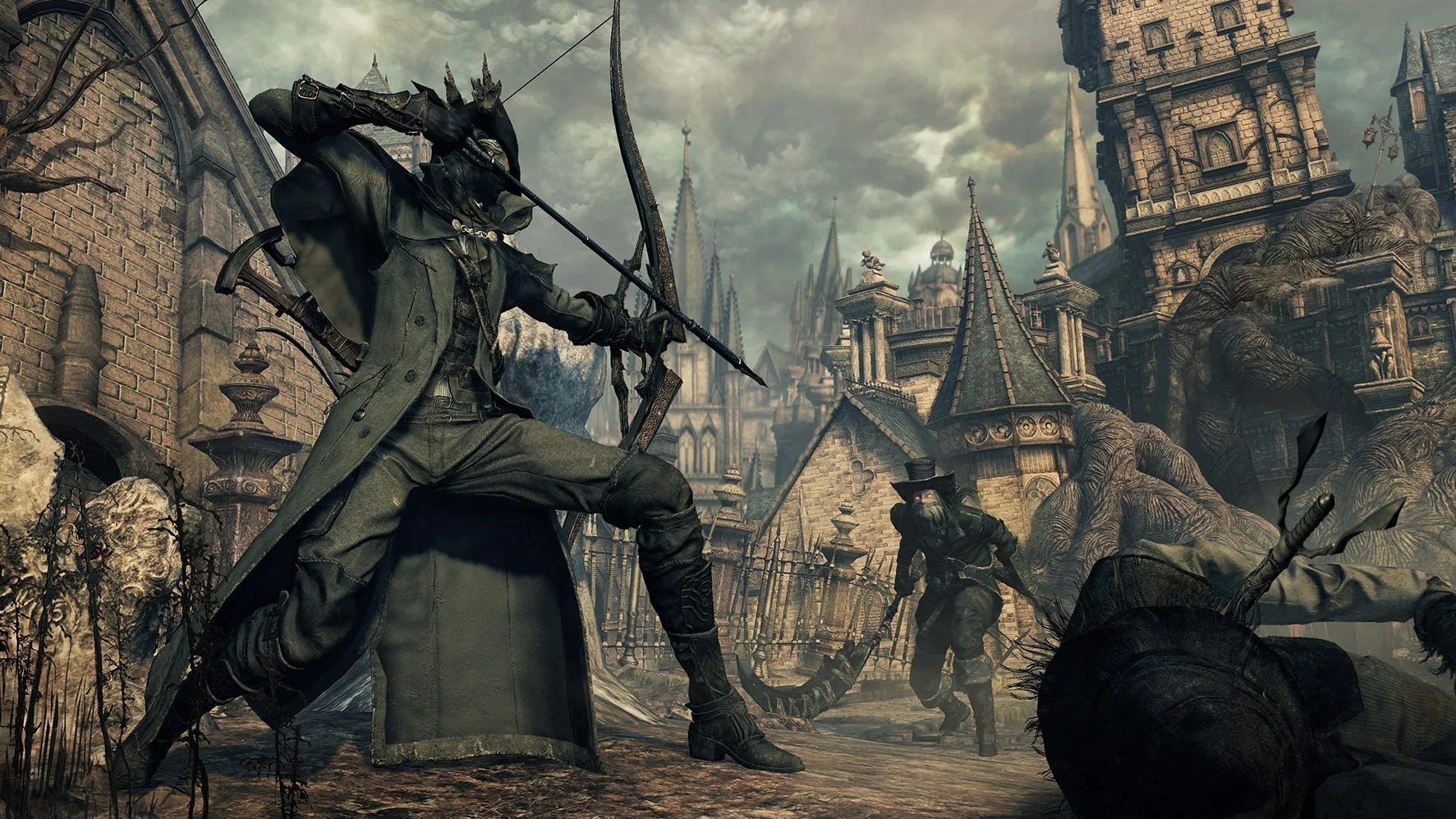
You finally defeat the last Great One, expecting triumph, but instead the world dissolves into something worse – a nightmare ending with you either waking up in a chair, ascending into a godlike slug, or being consumed by the cosmos itself. That’s Bloodborne for you. Every choice is a trap, every victory a cycle repeating itself. The so-called “true ending” isn’t about beating the game, but transcending it: becoming something that can understand the unknowable. The childlike creature you become isn’t punishment – it’s evolution. It’s grotesque, poetic, and somehow inevitable. By the time you realize the Hunter’s Dream was never meant to end neatly, it’s too late. You’ve become part of the nightmare’s biology.
Bioshock Infinite (2013)
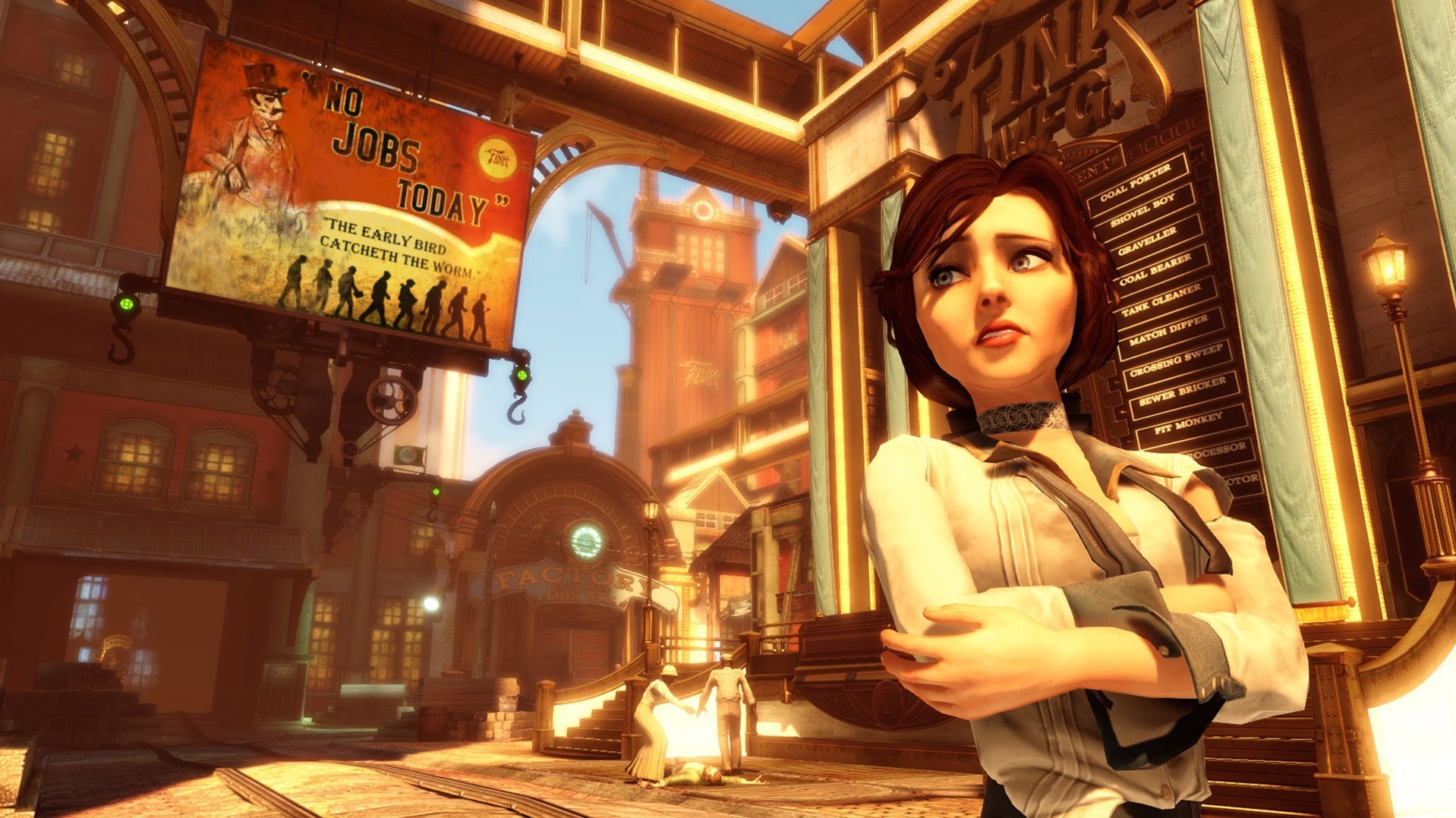
You walk into that baptism scene thinking it’s another flashback, then the floor drops out – literally and philosophically. The man you’ve been playing as, Booker DeWitt, is also the villain, Comstock, in another timeline. Elizabeth isn’t just your companion; she’s your daughter, torn from another reality. The multiverse collapses on itself as she drowns you before you can become the monster you were destined to be. It’s tragic, confusing, and weirdly serene. “Constants and variables” becomes less about time travel and more about the futility of trying to undo guilt. When the lights fade and all the Lighthouses vanish, you realize the only way to fix infinite worlds was to end your own.
Minecraft (2011)
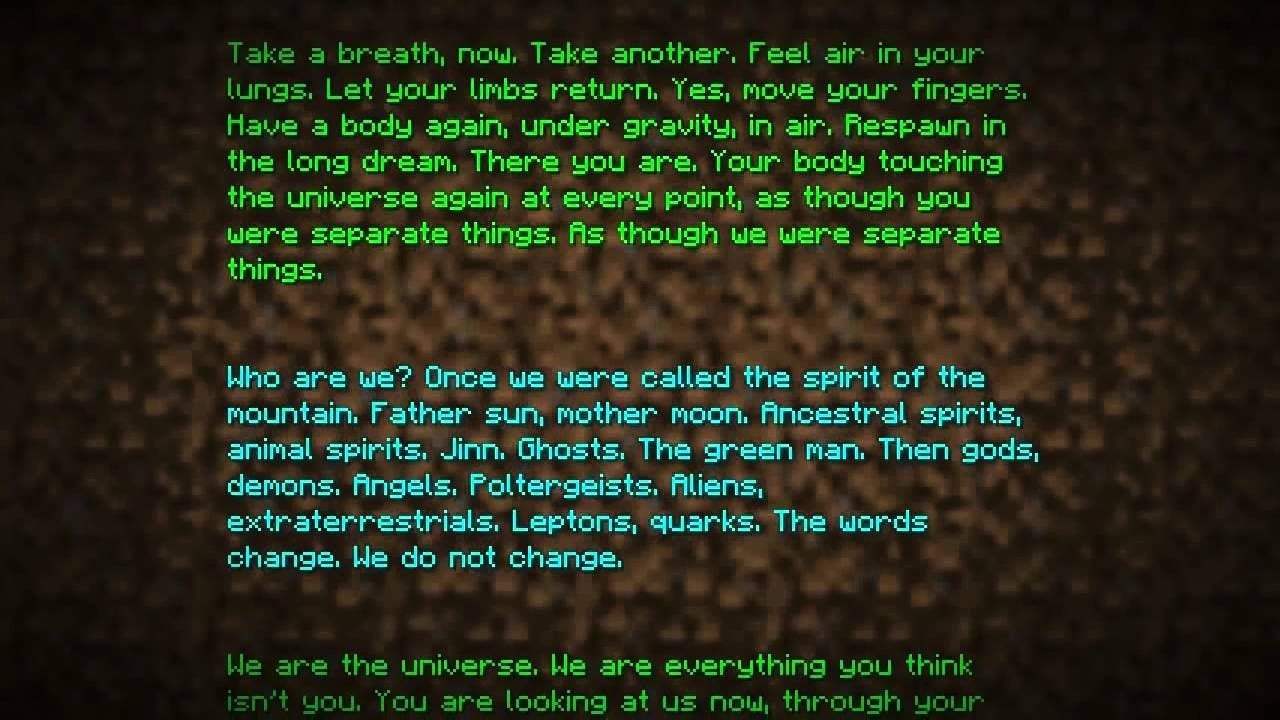
The fact that Minecraft even has an ending feels like a joke – until you reach the End and face the dragon. Slay it, leap into the glowing portal, and suddenly, two cosmic entities start talking about you like you’re a dream. The “poem” that follows rambles on about consciousness and creation, blurring the line between player and character. It’s strangely moving, like the game is thanking you for imagining it into existence. The End isn’t closure – it’s an acknowledgment that this whole blocky universe only breathes because you keep showing up. You close the screen, half expecting to wake up somewhere else, pickaxe still in hand.
Limbo (2010)
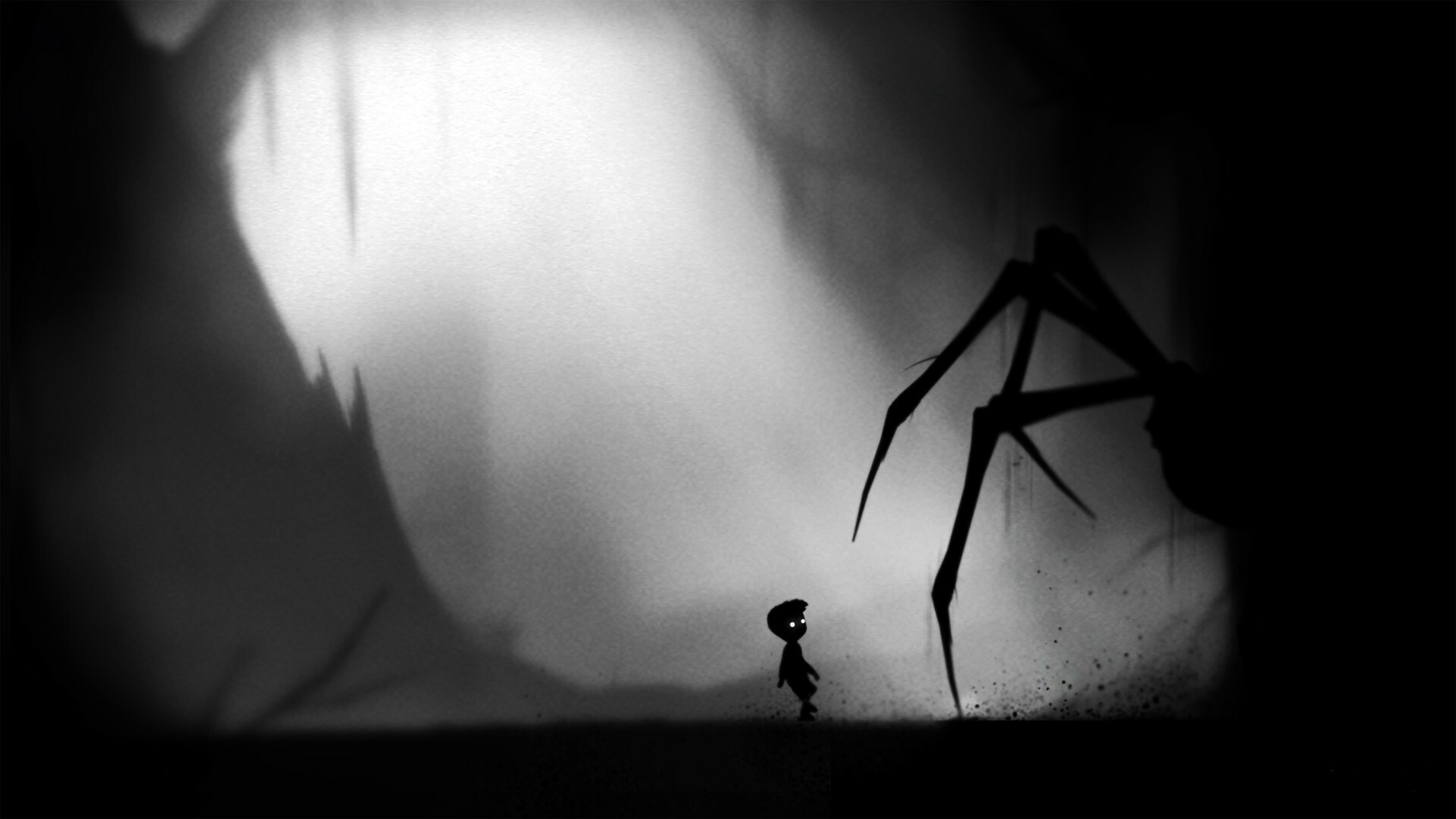
When that little boy finally crashes through glass and sees the girl he’s been chasing, there’s this brief flicker of recognition… and then nothing. No dialogue, no resolution, just an abrupt fade that feels like being yanked out of a dream. Maybe he found her. Maybe they’re both dead. Maybe they’ve been dead all along. The forest, the traps, the gravity puzzles – all of it suddenly feels like metaphor, like a cycle he was never meant to escape. Limbo doesn’t answer your questions because it’s not supposed to. It just leaves you staring into that still frame, realizing the horror isn’t that he failed – it’s that he might have succeeded.
Bayonetta (2009)
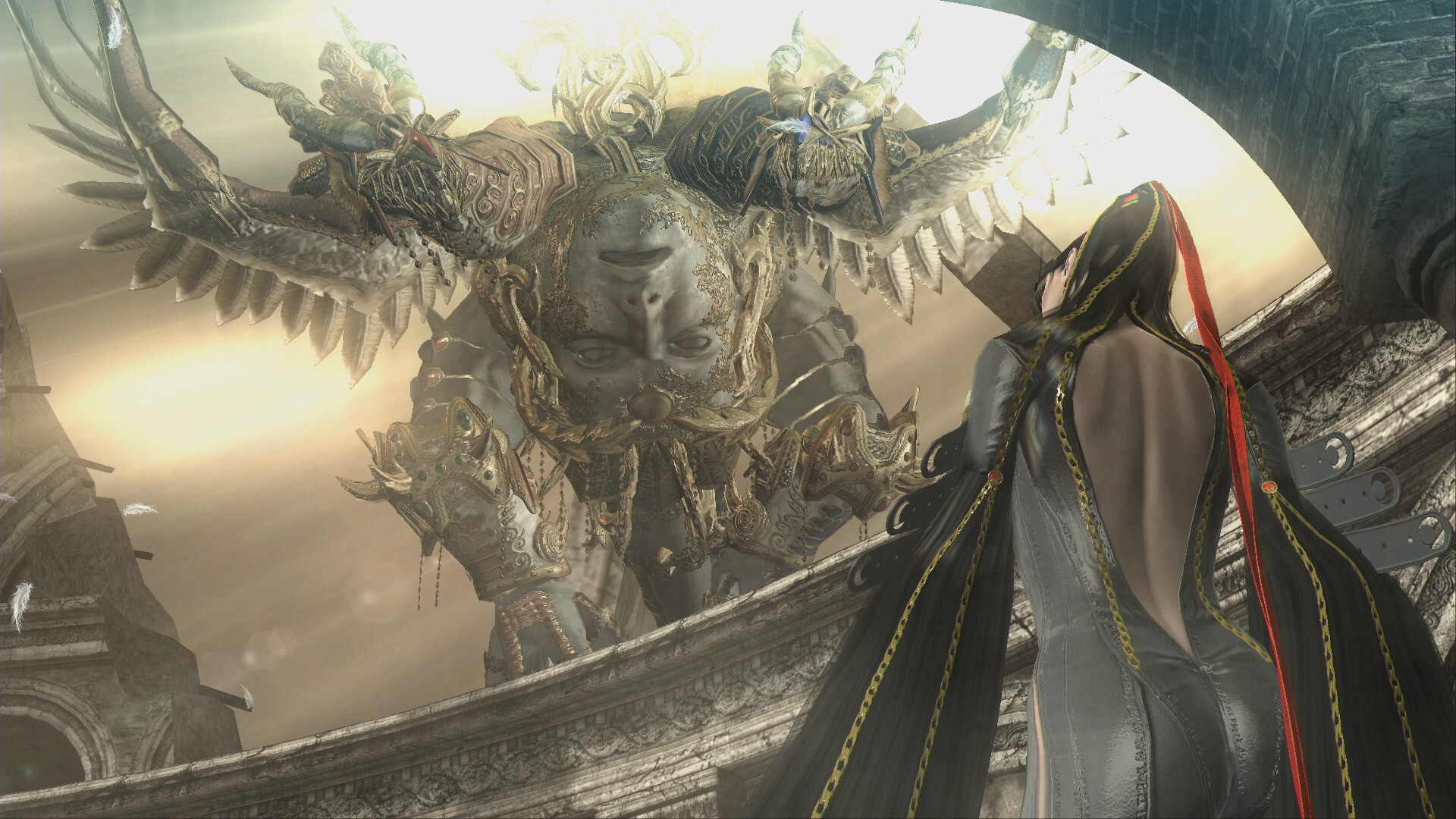
So, you’ve just punched a god into the sun, and somehow that’s only the second craziest thing that happens. Bayonetta’s finale is a kaleidoscope of collapsing realities, winged angels, and time-bending nonsense that somehow still manages to make sense – sort of. When she finally recovers her lost memories and faces off against Jubileus, the Creator, the story loops into its own origin. Jeanne helps her seal the deity away, and then the two literally bury it with a space-fist to the heavens. The game ends with a sly wink, reminding you it was never really about logic – it’s about swagger, rhythm, and defying gravity in stilettos. Bayonetta saves the world with attitude alone, and you wouldn’t want it any other way.
Braid (2008)
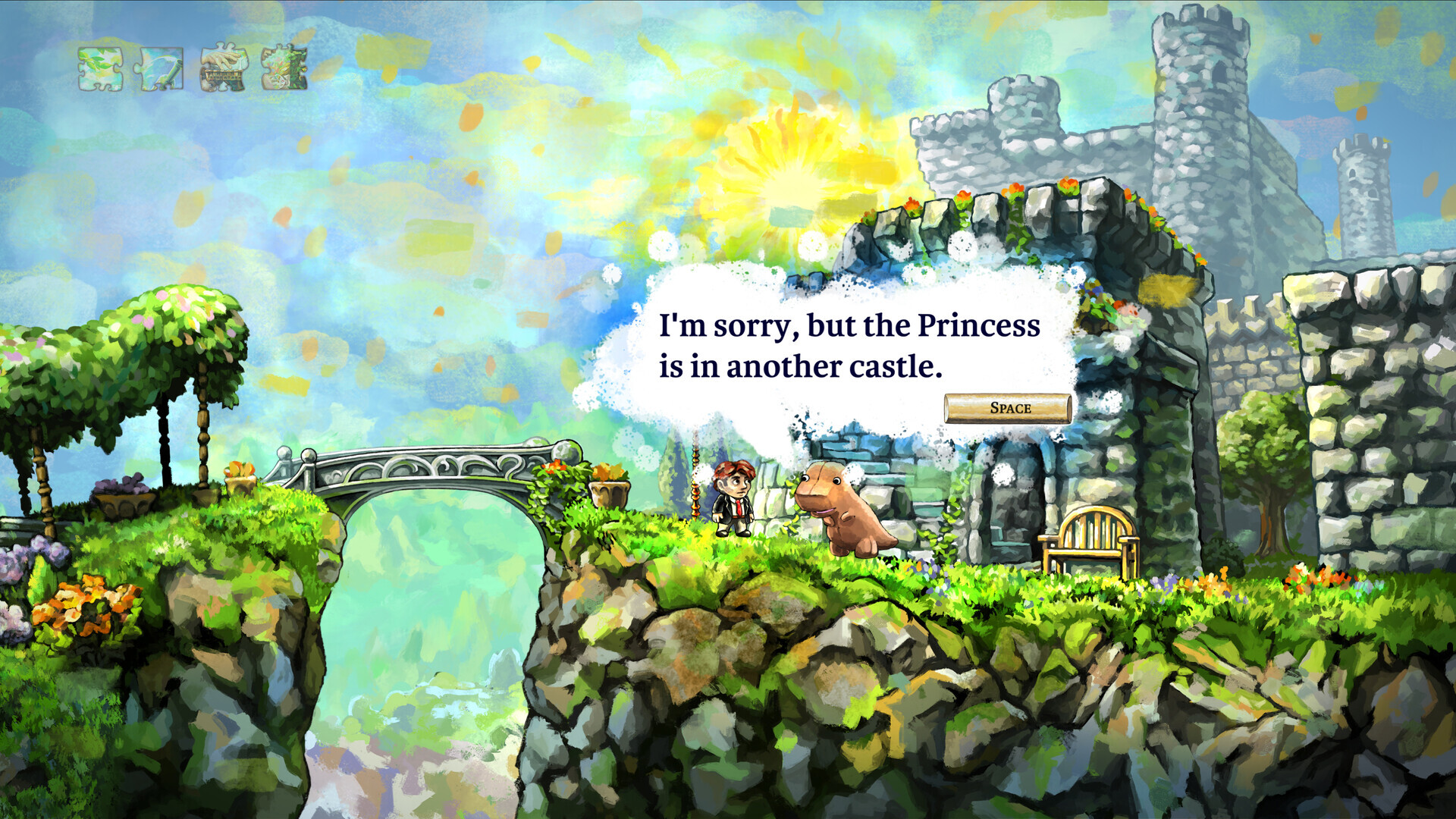
At first, it feels like a cute puzzle game about fixing mistakes. But when the final level flips time backward, you realize you were never saving the princess – you were running from her. The whole game replays in reverse, revealing that Tim, the “hero,” is actually the danger she’s escaping. The princess wasn’t kidnapped; she was trying to escape obsession masquerading as love. Suddenly, the fire imagery, the cryptic text, the scientific notes – all of it reframes Tim as a man destroyed by his own perfectionism. It’s quietly devastating. The ending doesn’t moralize; it just holds up a mirror and says, “Maybe you’re not the hero after all.” And in that, it’s one of gaming’s boldest final twists.
Spore (2008)
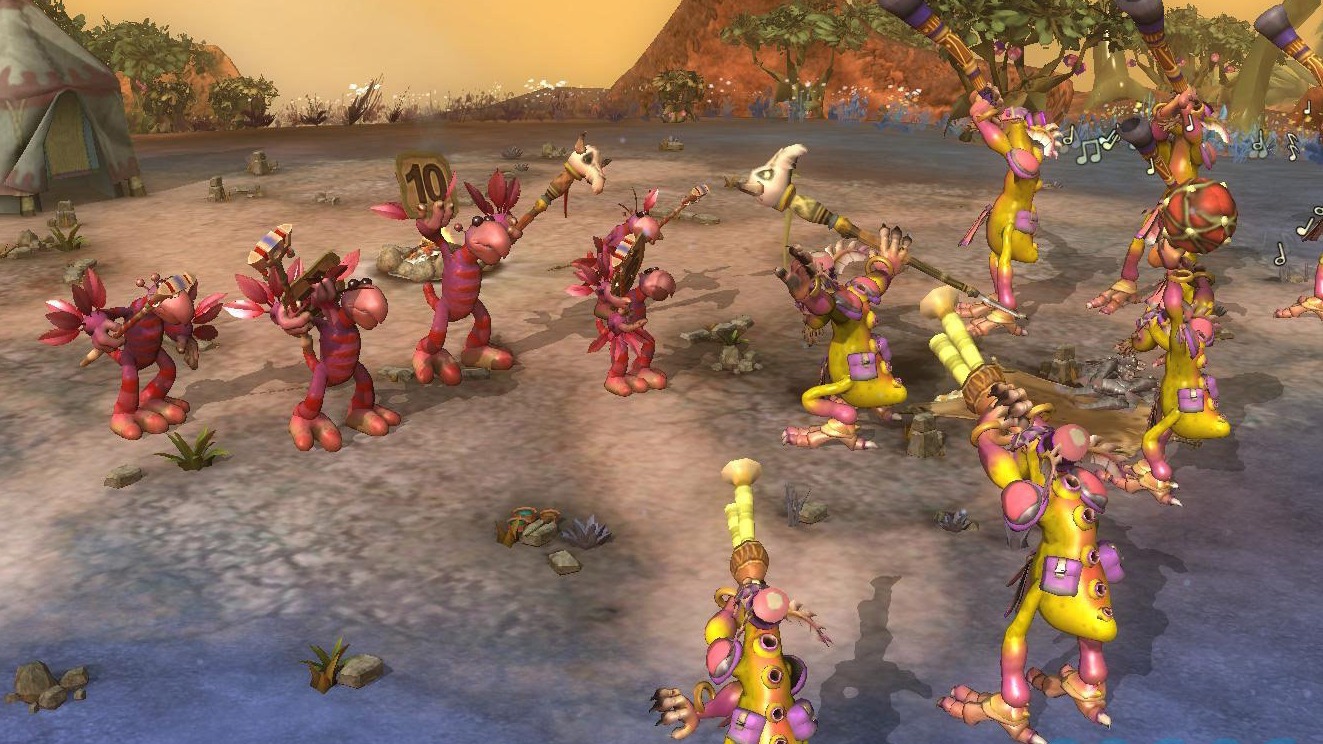
After evolving from a single-cell organism into a galactic explorer, Spore ends not with fireworks but with a strange, quiet epiphany. You reach the center of the galaxy – after hours of interstellar diplomacy, trading, and space war – and discover… a giant monolith with a talking Steve from The Sims. It’s ridiculous, brilliant, and anticlimactic all at once. The universe doesn’t hand you answers, just the realization that you’ve been part of something endless. The “ending” is really a loop – the game resets, hinting that creation and discovery never stop. It’s not about finding meaning; it’s about recognizing that there might not be any. Which, honestly, is the most 2008 kind of philosophy possible.
No More Heroes (2007)
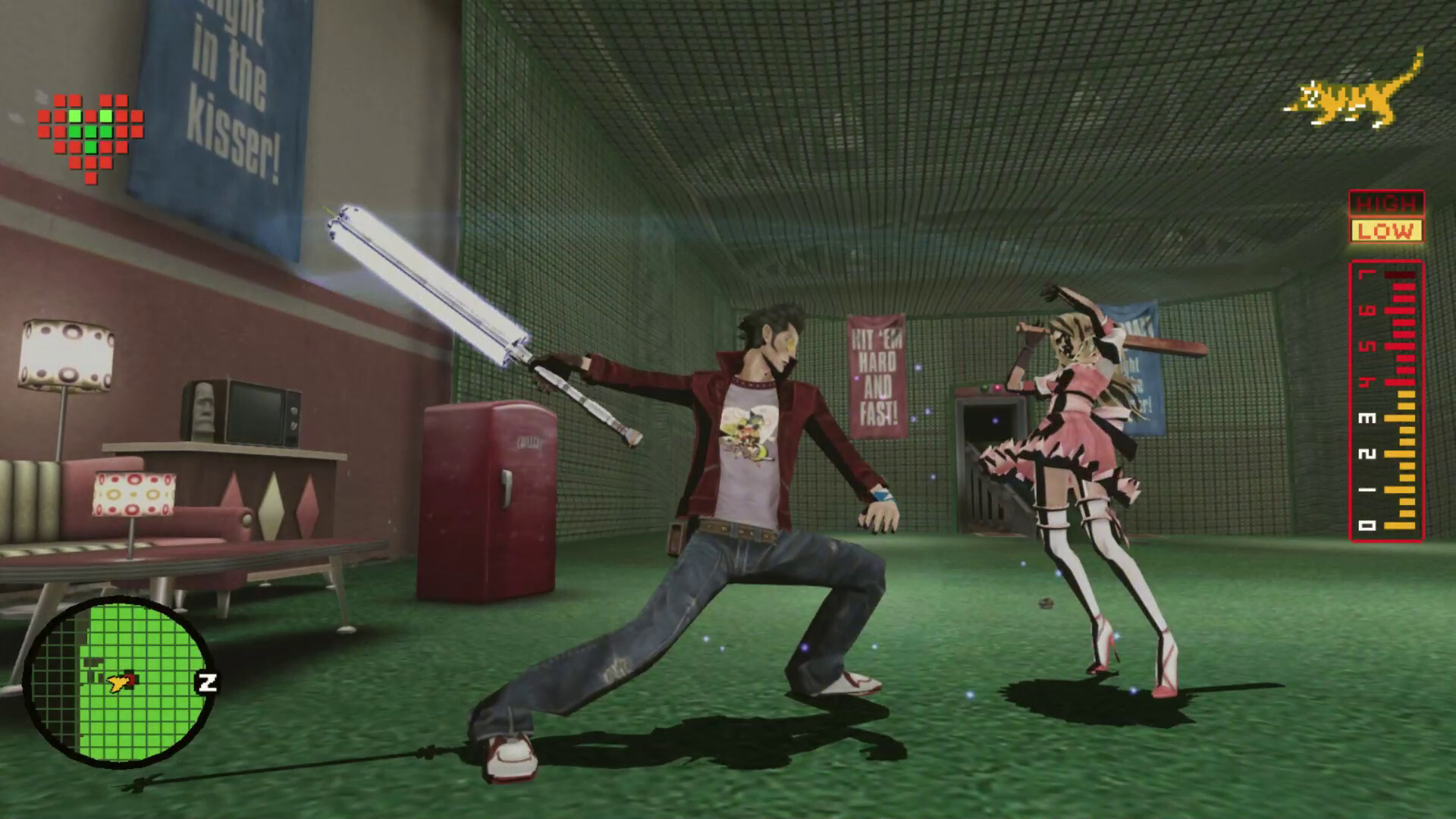
Travis Touchdown climbs the assassin rankings, katana in hand, thinking he’s playing some twisted video game within a video game. But by the final battle, the irony peels away. The final revelation – that Sylvia, the woman orchestrating his bloodsport, has been manipulating him for her own amusement – hits like a punchline with teeth. The story ends mid-chaos, mid-murder, with Travis realizing he’s both the puppet and the audience. Depending on which ending you get, he either dies in a motel bathroom or keeps fighting because he doesn’t know how to stop. It’s satire, sure, but the tragedy sneaks in: the hero has no idea what “winning” even means anymore.
Eternal Sonata (2007)
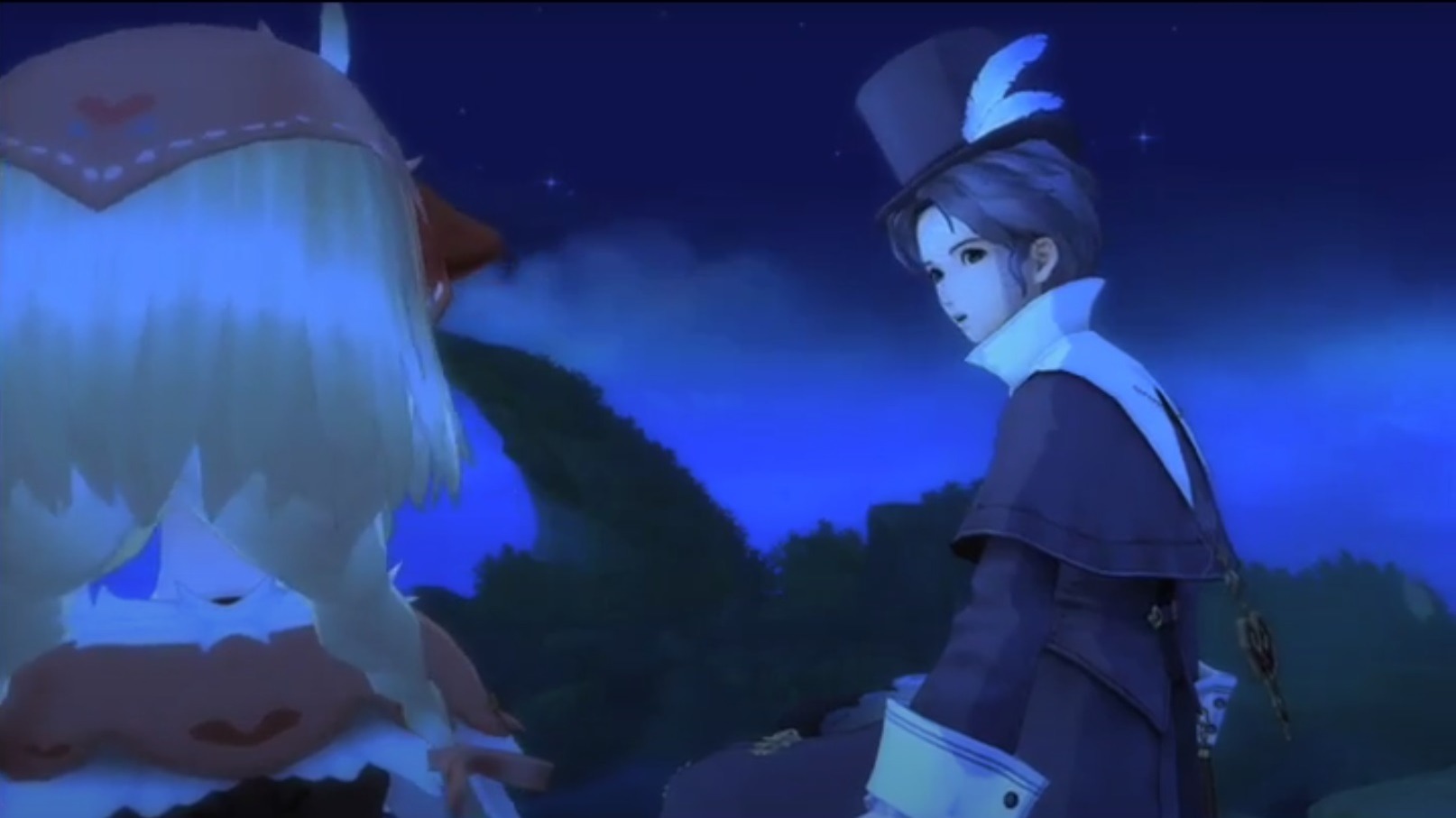
A JRPG set inside the dying dream of composer Frédéric Chopin – already wild, right? The ending goes full metaphysical when you realize every event, every battle, and every character was born from his imagination as he lies on his deathbed. When he finally accepts mortality, the world he dreamed begins to fade, leaving behind this bittersweet harmony between art and life. The twist isn’t tragic – it’s beautiful. Chopin’s death becomes a performance, one final composition before silence. You’re left wondering whether any of it was real or simply the music’s way of saying goodbye. It’s surreal, heartfelt, and one of the few RPGs that treats death as a crescendo, not a cutscene.
Mother 3 (2006)

For a game that hides heartbreak behind 16-bit charm, Mother 3 ends like a gut punch in slow motion. After hours of quirky humor and surreal adventures, you’re forced into a final battle against Lucas’s brainwashed twin brother, Claus. The fight isn’t really about winning – it’s about forgiveness. When Claus regains his memories and ends his own life, the world literally collapses, giving way to darkness… and then light. The screen turns black, but you can hear the characters’ voices, alive and hopeful. It’s ambiguous, but that’s the point: the world might end, but compassion doesn’t. Somehow, Mother 3 makes the apocalypse feel healing.
Killer7 (2005)
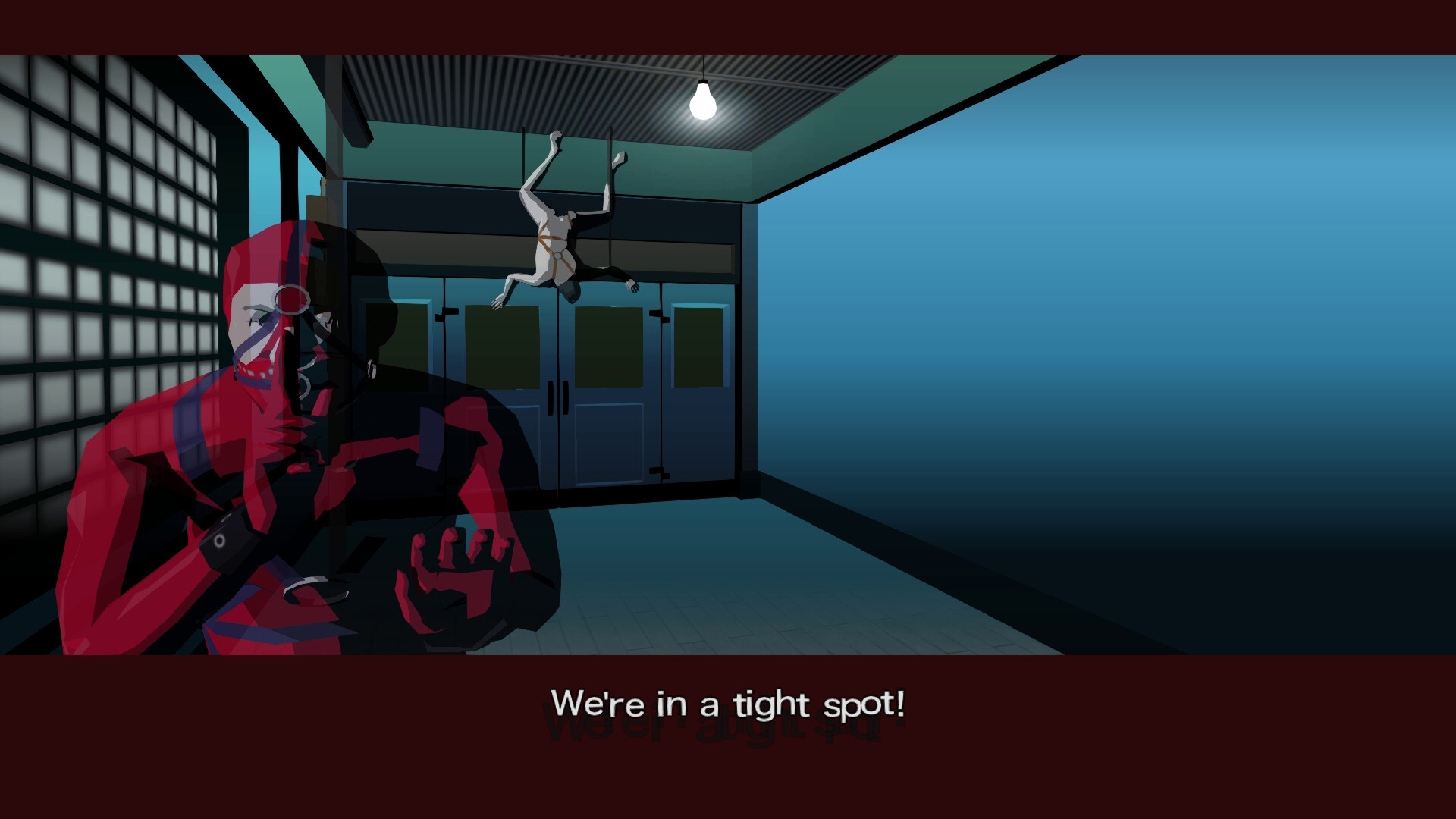
There’s weird, and then there’s Killer7. What starts as a stylish shooter about assassins becomes a psychological kaleidoscope about identity, politics, and American imperialism. By the end, you learn that all seven assassins are manifestations of one man – Garcian Smith – each persona representing a fractured part of his psyche. When he finally confronts his true self and his country’s violent past, the story doesn’t end so much as unravel. It’s surreal, messy, and deliberate, like a fever dream dissecting nationalism. You’re left wondering if Garcian killed others or just the parts of himself he couldn’t accept. Either way, you never look at a briefcase the same again.
Shadow of the Colossus (2005)
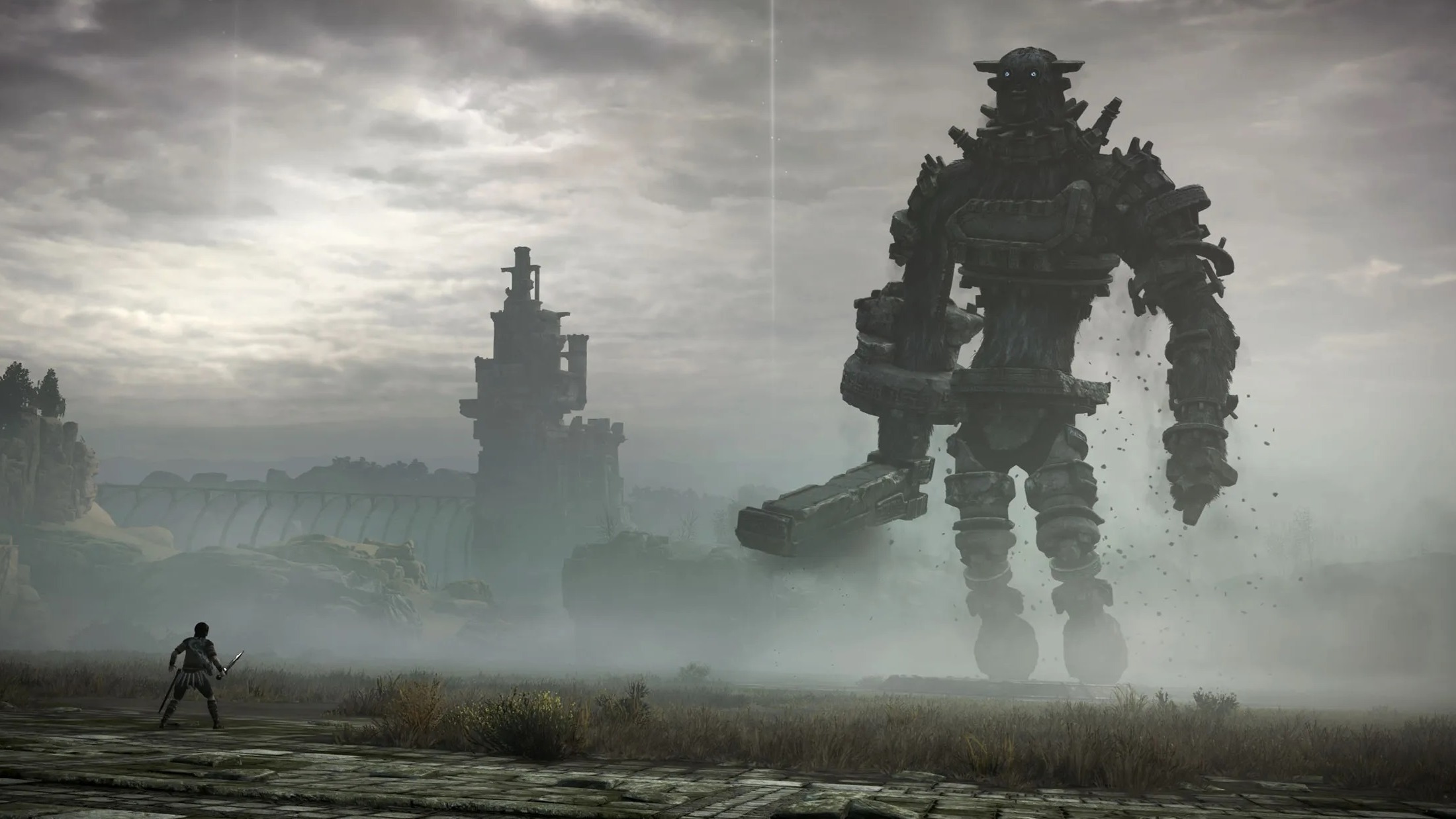
The credits roll, and you’re not sure whether you’ve saved anyone or doomed the world. Wander slays sixteen towering colossi to resurrect a girl named Mono – but each kill corrupts him a little more. By the time the last creature falls, he’s transformed into a horned shadow, revealed to be the vessel for the sealed demon Dormin. The ritual completes, and the god consumes him before being sealed again. Yet from the ashes, Mono awakens and finds a baby with horns – Wander reborn, or maybe cursed to begin again. The ending whispers a question the game never answers: how far would you go for love, and would love still recognize you afterward?
Metal Gear Solid 2: Sons of Liberty (2001)
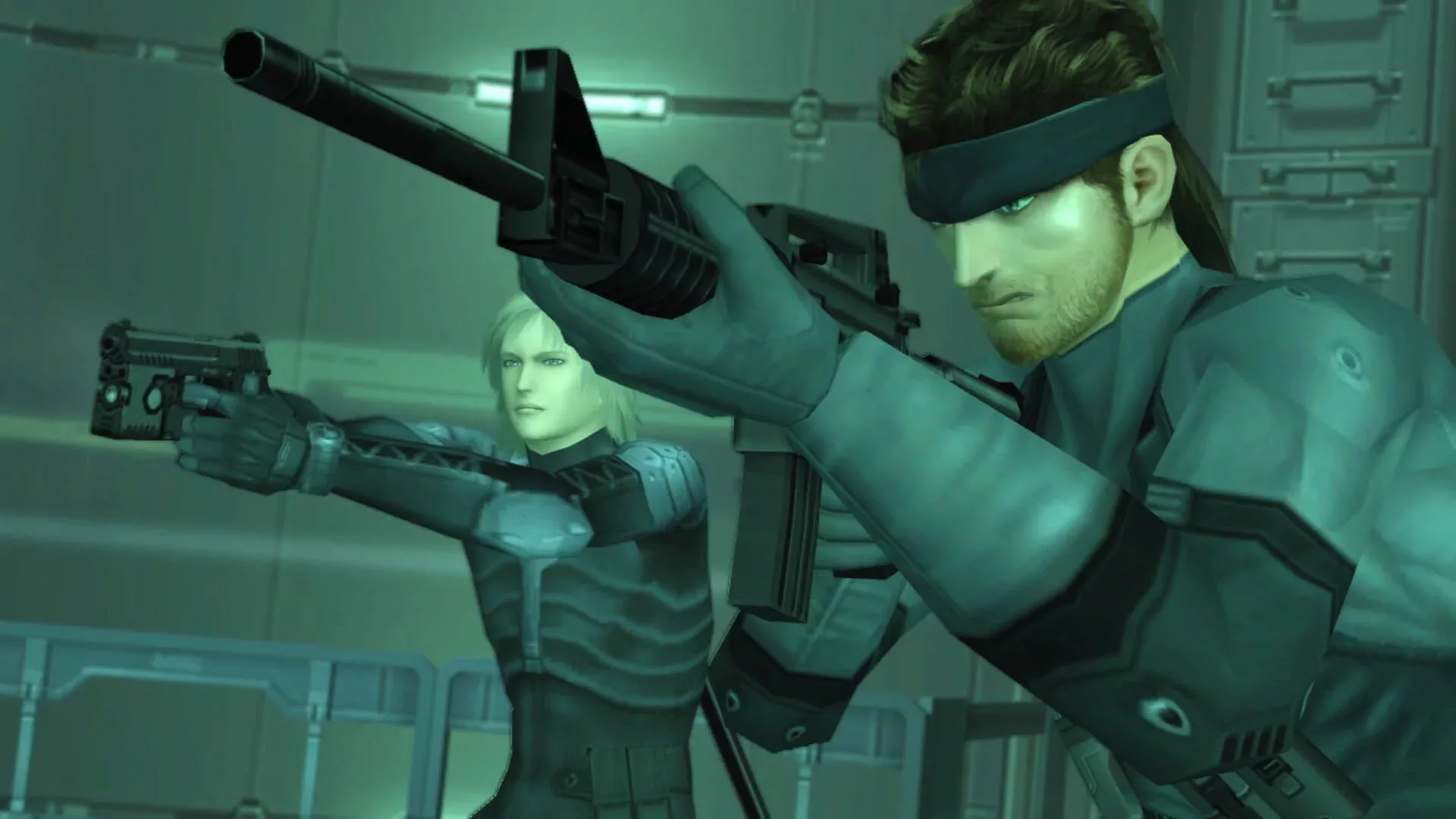
If you walked away from MGS2 scratching your head, congratulations – you were supposed to. Kojima turned a stealth game into a postmodern prank about simulation and control. By the final act, reality collapses: your mission, your allies, even your codec calls turn out to be part of an elaborate AI experiment. The Colonel glitches into nonsense, Raiden questions his existence, and you realize you’ve been playing a game about the manipulation of information itself. It’s not just meta – it’s prophetic. Two decades later, its warnings about digital truth and surveillance feel eerily real. The ending doesn’t tie things up; it breaks the fourth wall and asks, “Are you still in control?”
The Legend of Zelda: Majora’s Mask (2000)
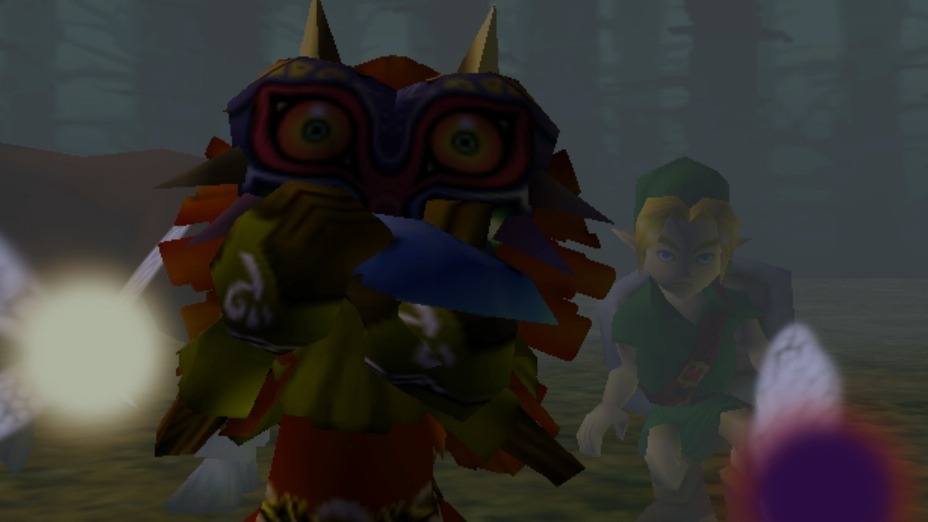
Three days before the moon crashes into the world, Link learns that saving everyone means letting go. After reliving the same doomed cycle countless times, he finally confronts Majora inside the moon – a childlike god playing pretend. When the mask is defeated, the moon vanishes, dawn returns, and the people of Termina go on as if the nightmare never happened. But the ending leaves you unsettled: was it all real, or just a spiritual trial about grief and acceptance? Link’s lonely ride into the forest says more than any dialogue could. In a series built on heroism, Majora’s Mask dared to end with melancholy instead of triumph – and that’s why it lingers.


































